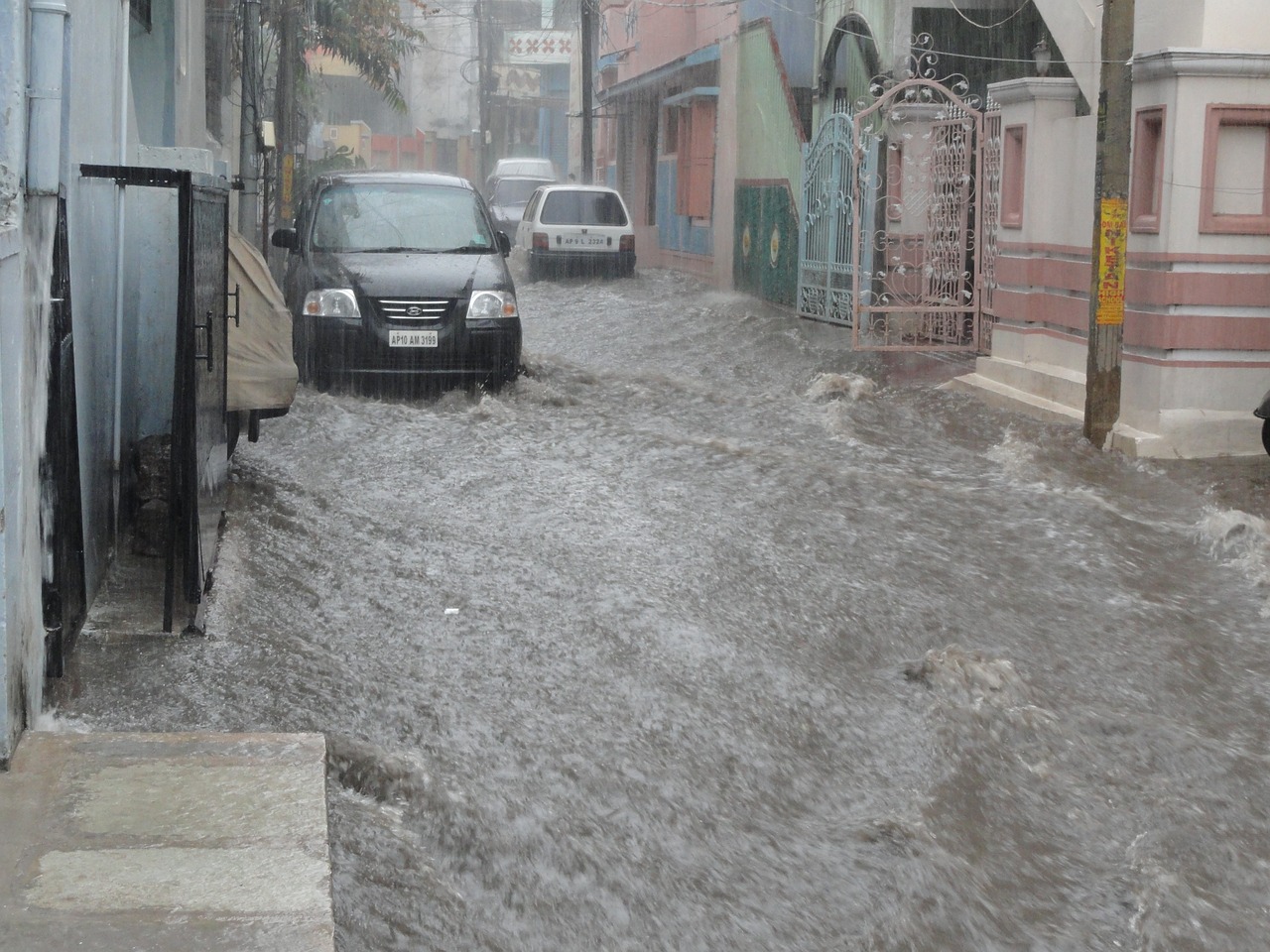The Role of Crisis Communication in Election Campaigns
Election campaigns are characterized by a multitude of challenges that candidates encounter throughout the rigorous process. One prominent issue is the constant need to maintain a positive public image while simultaneously addressing criticism and negative press. This delicate balancing act requires careful navigation to ensure that the candidate’s reputation remains intact amidst the scrutiny of the media and public.
Moreover, the pressure to constantly stay in the spotlight and engage with voters can be overwhelming for candidates. The demanding schedule of rallies, debates, interviews, and public appearances leaves little room for personal time or respite. This intense level of activity can lead to physical and mental exhaustion, affecting the candidate’s ability to convey their message effectively and connect with voters on a personal level.
Importance of Effective Crisis Communication Strategies
In times of crisis, effective communication is crucial for maintaining trust and credibility with the public. A well-thought-out crisis communication strategy can help organizations navigate turbulent situations with transparency and clarity. By promptly addressing issues and providing accurate information, companies can mitigate potential damage to their reputation and brand image.
Moreover, effective crisis communication strategies can help organizations demonstrate their commitment to responsible and ethical practices. By showing empathy and understanding towards those affected by the crisis, companies can build stronger relationships with stakeholders and the public. Clear and timely communication can also aid in dispelling rumors and misinformation, ensuring that the true narrative is presented accurately in times of uncertainty.
– Clear and timely communication is essential for maintaining trust and credibility
– Providing accurate information helps mitigate damage to reputation
– Demonstrating empathy towards those affected builds stronger relationships
– Dispelling rumors and misinformation ensures the true narrative is presented accurately
How Crisis Communication Can Impact Public Perception
Effective crisis communication can play a pivotal role in shaping public perception during tumultuous times. When a crisis arises, the way in which information is disseminated and how the situation is addressed can greatly influence how the public perceives the organization or individual at the center of the crisis. Missteps in communication can lead to confusion, distrust, and negative sentiment among the public.
On the other hand, transparent, timely, and empathetic communication can help mitigate the impact of a crisis on public perception. By being forthcoming with information, acknowledging mistakes, and demonstrating a commitment to resolving the issue, organizations and individuals can rebuild trust and credibility with the public. How messages are crafted and delivered can make a significant difference in how the crisis is perceived and the long-term reputation of those involved.
What are some common challenges faced during election campaigns in terms of crisis communication?
Some common challenges include rapid response to unfolding events, managing rumors and misinformation, handling unexpected crises, and maintaining transparency and credibility.
Why is effective crisis communication important during election campaigns?
Effective crisis communication is important during election campaigns because it can help maintain public trust, credibility, and transparency, as well as shape public perception and mitigate potential damage to a candidate’s reputation.
How can crisis communication impact public perception during election campaigns?
Crisis communication can impact public perception by influencing how voters perceive a candidate’s ability to handle crises, their trustworthiness, transparency, and overall competence. It can also shape public opinion on key issues and values.







